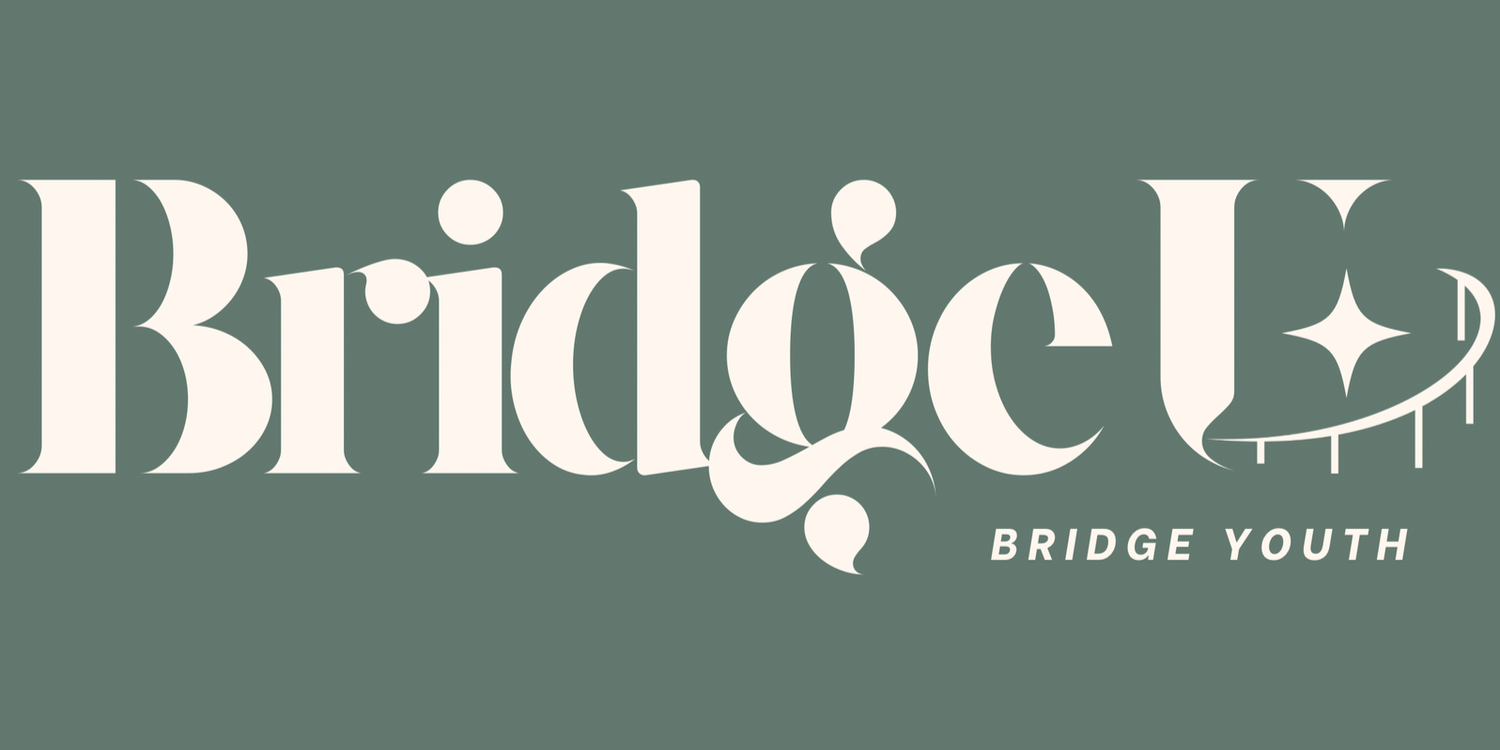The Lessons We Don’t Learn Out Loud
We praise quiet children and call it discipline. But what if obedience is not a virtue – but a cost? A reflection on silence, education, and reclaiming the voices we were taught to hide.
| “Your silence will not protect you.” – Audre Lorde
There was a time when I thought being quiet made me wise.
In school, silence was praised like a virtue. The quiet student was obedient, respectful – a model child. I became that child. I said only what was needed, never more. I never questioned the teacher, never interrupted the flow of certainty.
But now I wonder:
Did I grow up good – or just small?
| “We do not inherit curiosity. We are born with it.”
Jean Piaget once described children as “little scientists” – naturally curious, motivated by an intrinsic drive to explore and understand the world. Lev Vygotsky emphasized how cognitive development blossoms through social interaction, through asking, trying, failing, asking again.
But what happens when we teach children to be quiet before they can question?
What are we really asking them to give up?
| “Every time a child is silenced, a question dies before it’s born.”
I’ve sat through entire lessons burning with questions I never asked. Not because I didn’t care, but because I feared sounding “stupid.”
And isn’t that tragic? That we call ourselves stupid not for not knowing, but for wanting to know?
Albert Bandura’s social learning theory tells us we learn by observing and imitating – and silence, too, is learned. We watch what is rewarded. We adapt. We internalize.
So when a child sees that silence brings approval, and curiosity brings embarrassment – what kind of adult will they become?
| “We become what the world praises.”
In many cultures – especially mine – silence is mistaken for maturity. The quiet girl is “good.” The obedient boy is “respectful.” But obedience, when mistaken for growth, becomes a trap.
Erik Erikson’s theory of psychosocial development suggests that adolescence is a time of identity formation – a struggle between fidelity and role confusion. But how can you form an identity, if you’ve only ever been told to perform one?
| “Growth is not in answers. It’s in the permission to ask.”
They say growth is uncomfortable. But they don’t always say why.
Because growth requires rebellion.
It asks us to unlearn.
To question what shaped us – even when it once protected us.
Raising your hand after years of staying quiet doesn’t just feel awkward. It feels like betrayal – like turning against the very system that raised you.
But maybe it’s the kindest betrayal there is.
| “To find your voice is to forgive the silence.”
Now, as someone older – and perhaps a little braver – I find myself searching for the girl I might have been if she hadn’t been so quiet. The girl who asked every question. The girl who got things wrong. The girl who didn’t mind being loud.
I want to become her.
Not just for myself – but for the children I’ll meet, teach, raise someday.
I want to show them that curiosity is a gift, not a flaw.
That growth is messy and loud and alive.
That their voice is not something they must earn – it is something they are born with.
But here’s the harder question:
Can we give children what we were once denied, if we haven’t reclaimed it for ourselves?
| “We teach our children to be quiet – and wonder why they don’t speak up later.”
If silence shaped me, then speaking must be how I shape myself now.
Because healing isn’t just whispering your truth.
It’s challenging the rules that kept you quiet in the first place.
| “Who created the education system – and who was it created for?”
We often say education is for the youth. But what if it’s really to mold them – to make them functional, predictable, compliant?
If so, is it truly for their growth – or for the convenience of those in power?
And if we train children to obey, to repeat, to stay small – are we preparing them for the future,
or preparing them to surrender it?
| “I do not want to be polite if it costs me my voice.”
Because silence is easy to grade.
But curiosity is harder to control.
And maybe that’s why we were taught to whisper instead of wonder.
“The most dangerous thing you can teach a child is to doubt their own voice.” – Janice Chan
